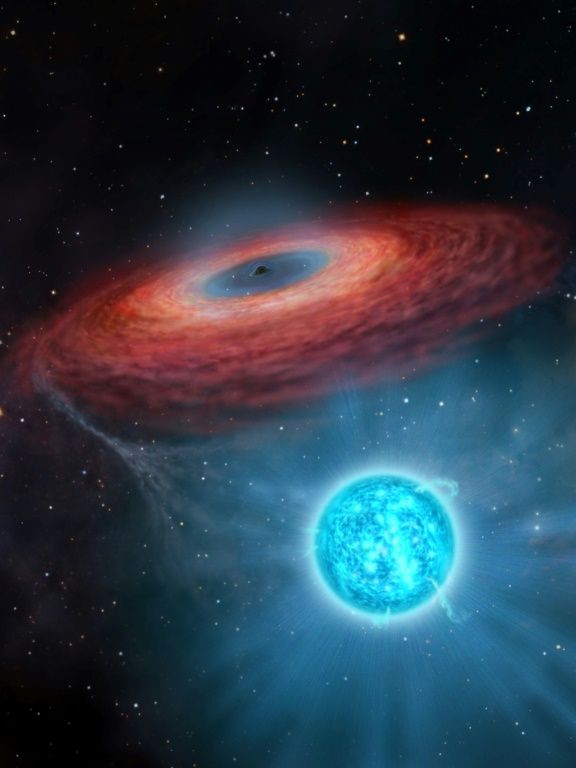NASA Explains How Black Holes Helped Form Earth And Other Planets

NASA explained how a black hole affected the formation of Earth. The agency also discussed the role of these massive cosmic objects in the formation of galaxies such as the Milky Way.
For years, scientists and astronomers have been trying to gather more information about the nature of black holes and how they affect their surroundings. Probably some of the most common facts regarding these cosmic objects are their unending appetite and destructive nature.
But aside from devouring everything that gets to close, NASA stated that black holes also plays a huge role in the formation of stars and even new planet systems. As explained by the agency, black holes are formed when a massive star reaches the end of its life cycle and explodes.
This explosion scatters various life-supporting elements such as oxygen, carbon and nitrogen into space. Supermassive black holes formed by mergers, on the other hand, spew out heavier elements that serve as the building blocks of new planets. The formation of these massive structures can also trigger cosmic events that lead to the development of new stars.
“Mergers between two neutron stars, two black holes, or a neutron star and black hole, similarly spread heavy elements around that may someday become part of new planets,” NASA explained. “The shock waves from stellar explosions may also trigger the formation of new stars and new solar systems.”
“So, in some sense, we owe our existence on Earth to long-ago explosions and collision events that formed black holes,” the agency added.
NASA also stated that there is a link between black holes and the formation of galaxies, such as Earth’s neighborhood Milky Way. After all, almost all known galaxies have supermassive black holes at their centers. In Milky Way, the supermassive black hole at its galactic center is called Sagittarius A*. However, it is not yet clear if the galaxy or the black hole was formed first.
“It is possible that a black hole could have played a role in the formation of our Milky Way galaxy,” NASA stated. “But this chicken-and-egg problem — that is, which came first, the galaxy or the black hole? — is one of the great puzzles of our universe.”
© Copyright IBTimes 2025. All rights reserved.





















